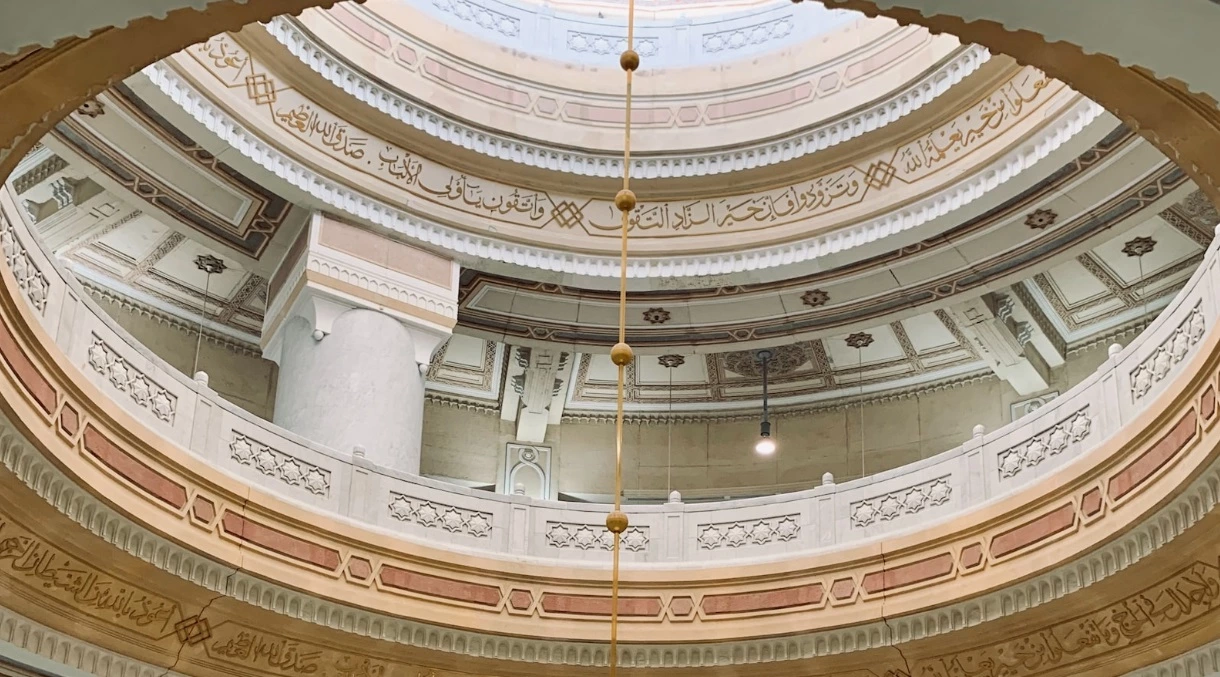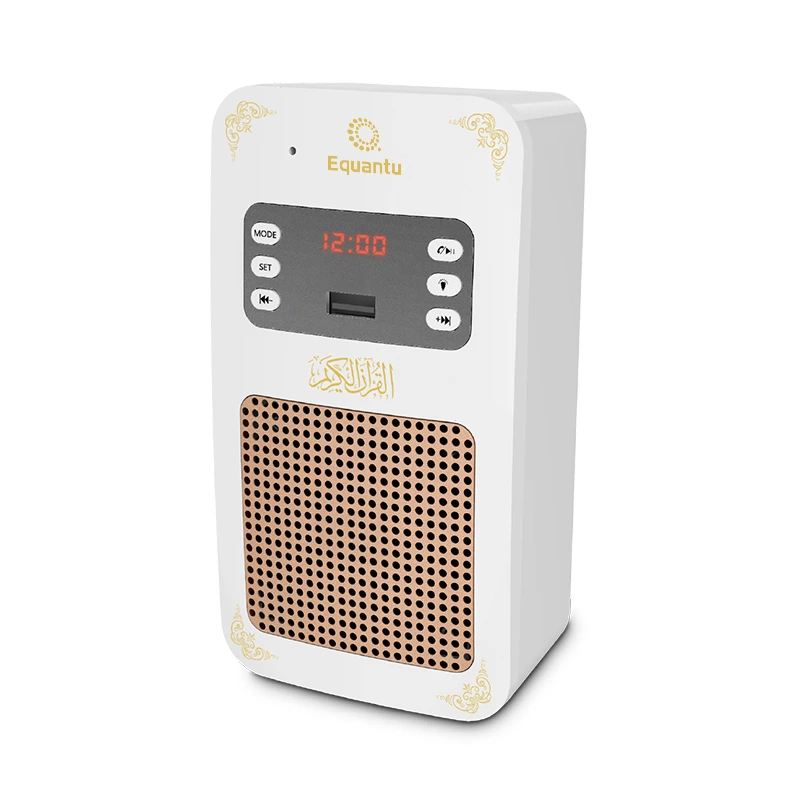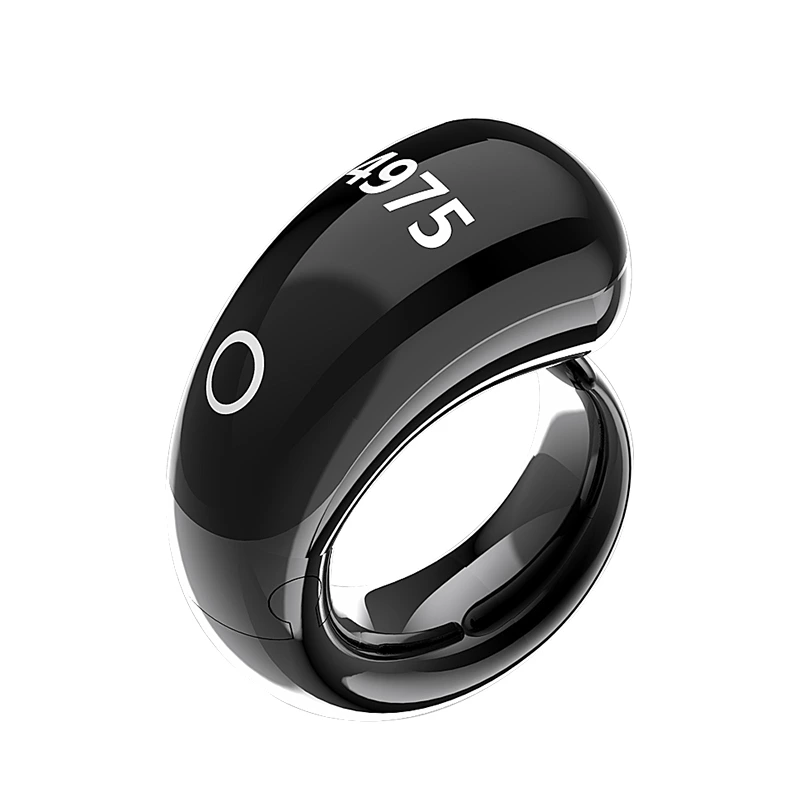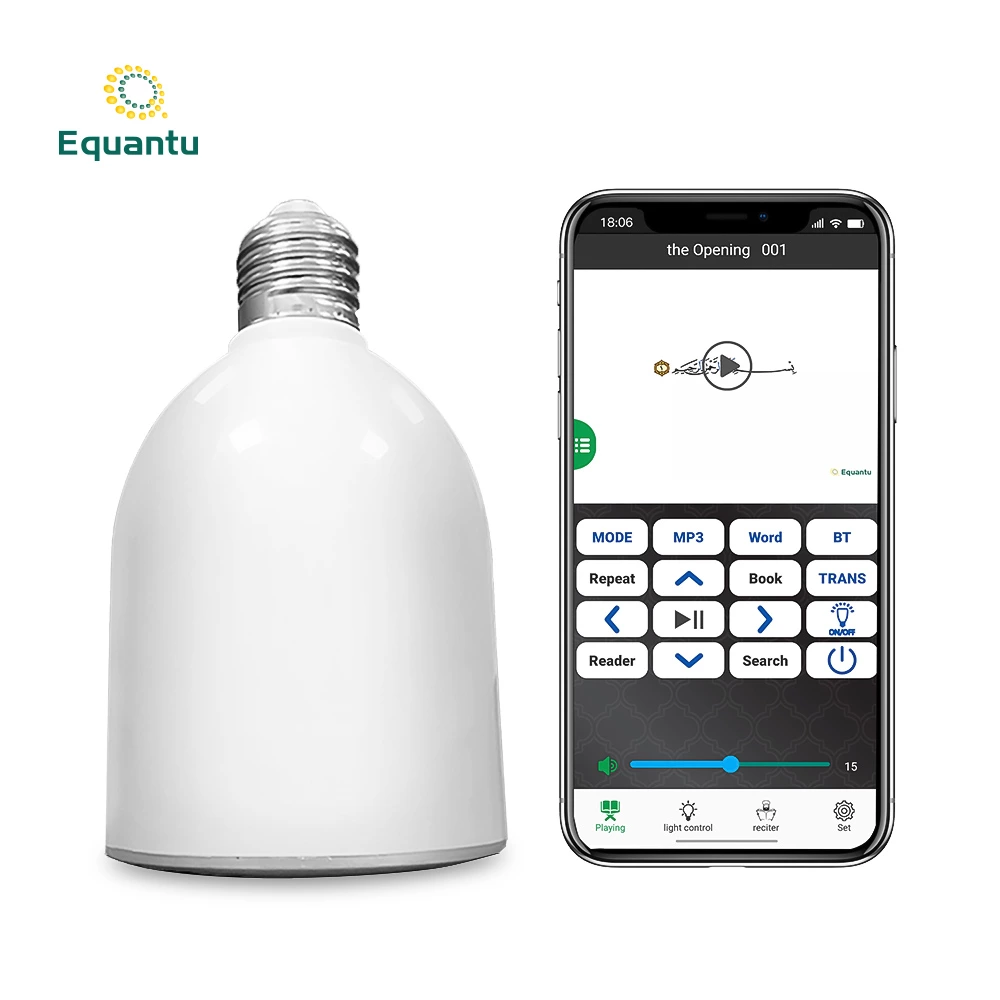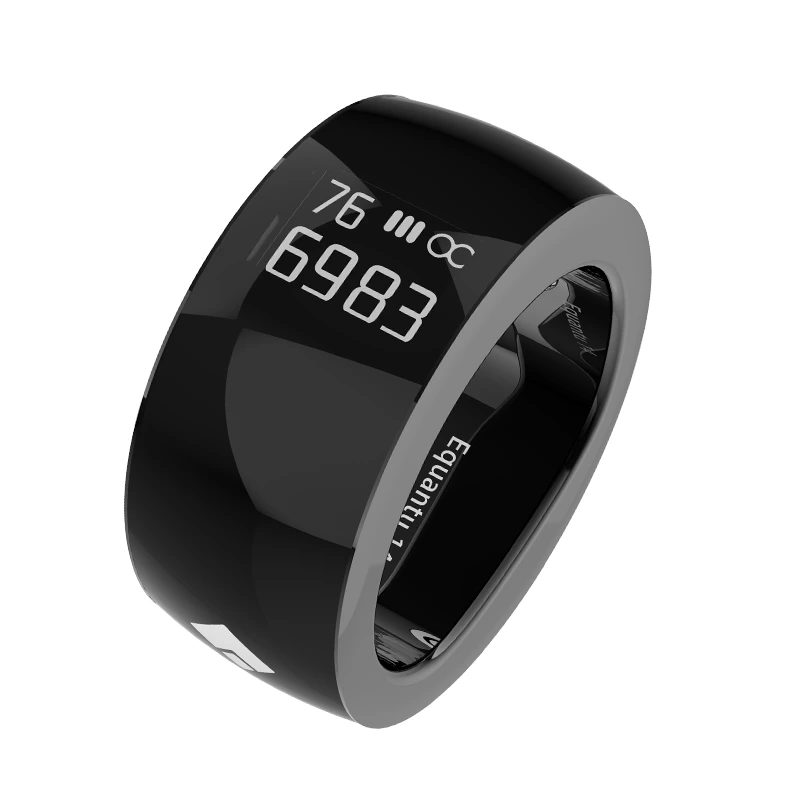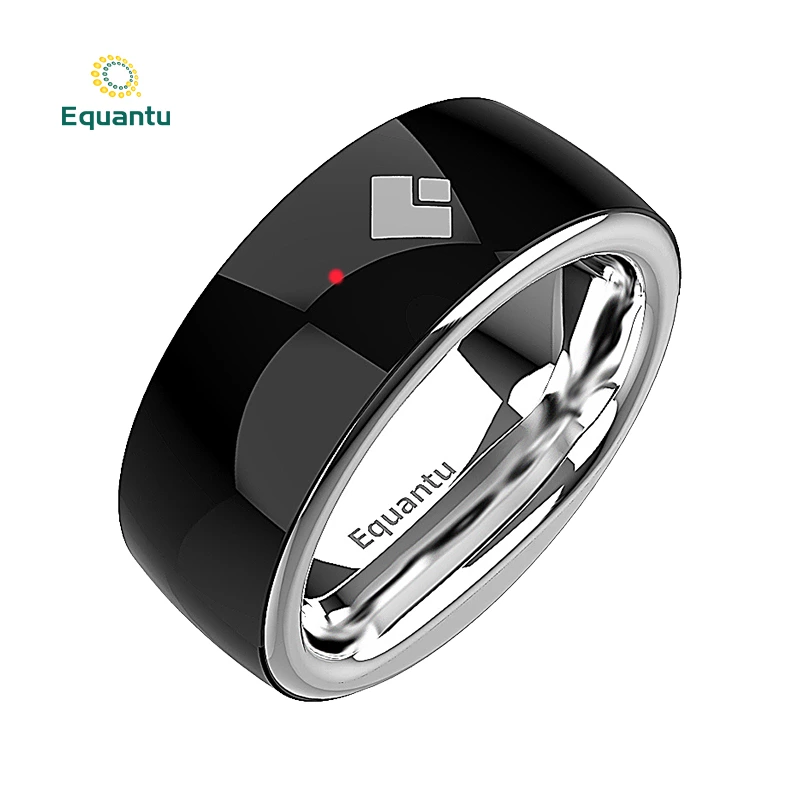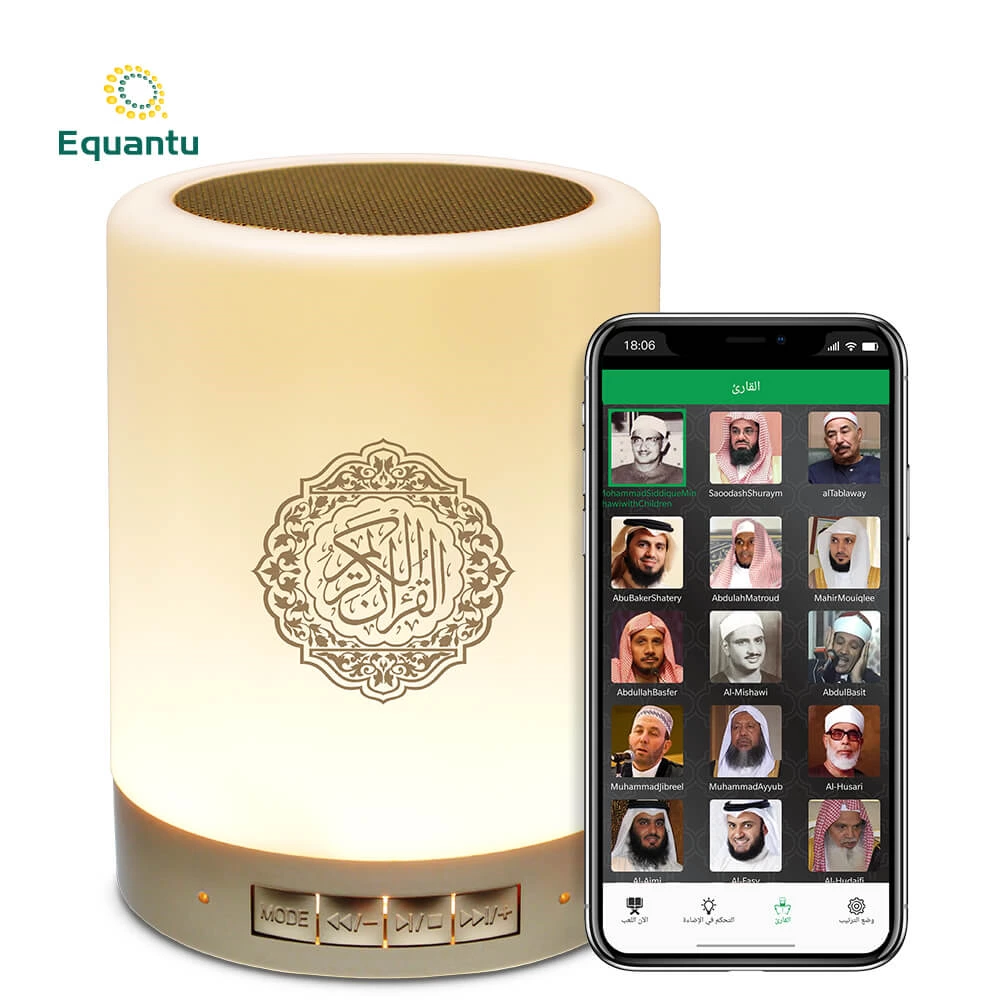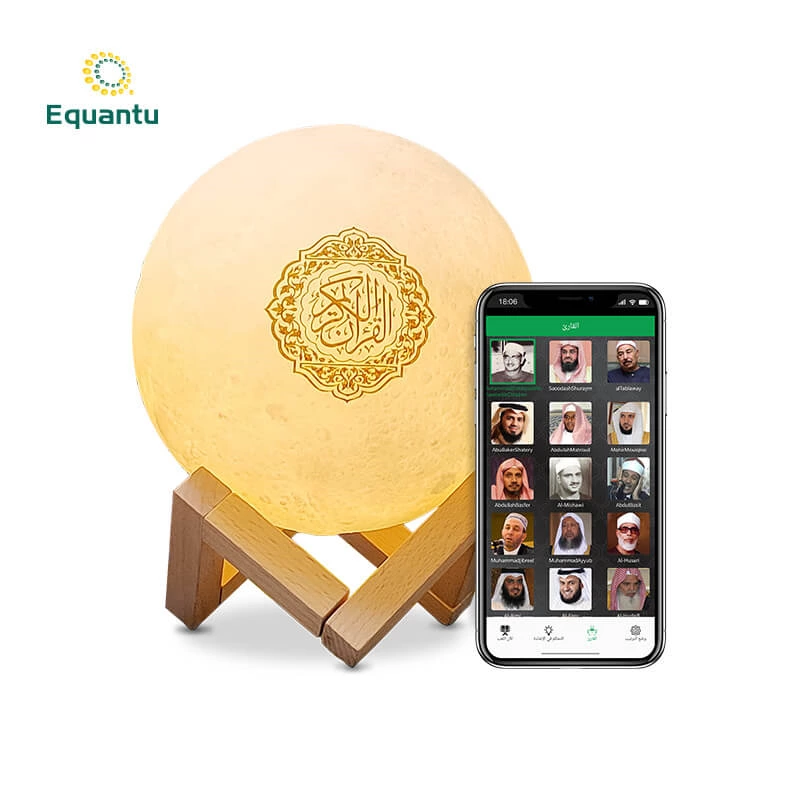1. Relying Solely on Intuition or Assumptions
The Mistake:
Many people, especially when traveling or in unfamiliar locations, may guess the Qibla direction based on a general sense of where they think Mecca is located.
Why It's Problematic:
Our intuition about geographical directions can often be incorrect, especially when we're far from home or in a different hemisphere.
How to Avoid It:
- Always use reliable tools like compasses or Qibla-finding apps.
- Research the correct Qibla direction for your location before traveling.
- Don't assume that the Qibla is always in a certain direction (e.g., east) regardless of your location.
2. Misunderstanding Compass Readings
The Mistake:
Incorrectly interpreting compass readings or not accounting for the difference between magnetic north and true north.
Why It's Problematic:
Magnetic north and true north are not the same, and this difference (known as magnetic declination) can significantly affect Qibla direction, especially over long distances.
How to Avoid It:
- Learn to properly read and interpret a compass.
- Use Qibla compasses that are pre-adjusted for your region.
- When using a standard compass, research and account for the magnetic declination in your area.
3. Overlooking Local Variations
The Mistake:
Assuming that the Qibla direction is the same throughout a city or region.
Why It's Problematic:
Even within the same city, the precise Qibla direction can vary slightly due to the curvature of the Earth.
How to Avoid It:
- Use location-specific Qibla finders rather than relying on general directions for a broader area.
- Recalculate or verify the Qibla direction when moving to a different part of a city, especially in larger metropolitan areas.
4. Blindly Following Existing Indicators
The Mistake:
Trusting Qibla indicators in hotels, airports, or even some mosques without verification.
Why It's Problematic:
These indicators can sometimes be incorrectly installed or may have shifted over time.
How to Avoid It:
- Always verify the Qibla direction using your own reliable tools.
- If you notice a discrepancy, respectfully inform the management about the potential error.
- Remember that even if a mosque's orientation is slightly off, prayers are still valid when performed in good faith.
5. Misusing Technology
The Mistake:
Incorrectly using Qibla-finding apps or not calibrating digital compasses properly.
Why It's Problematic:
Digital tools can provide highly accurate results, but only if used correctly.
How to Avoid It:
- Ensure your device's compass is properly calibrated before using Qibla apps.
- Update your apps regularly to get the latest improvements and fixes.
- Follow the app's instructions carefully, especially regarding holding your device properly.
6. Ignoring Environmental Interferences
The Mistake:
Using compasses or digital devices near metal objects, electronic equipment, or in buildings with heavy steel structures.
Why It's Problematic:
These factors can interfere with magnetic compasses and the sensors in smartphones, leading to inaccurate readings.
How to Avoid It:
- Move away from potential sources of interference when using a compass or Qibla app.
- If indoors, try to get near a window or step outside for a more accurate reading.
- Be aware of your surroundings and how they might affect your tools.
7. Over-Reliance on a Single Method
The Mistake:
Using only one method or tool to determine the Qibla direction.
Why It's Problematic:
Every method has its potential for error, and relying on just one increases the chance of inaccuracy.
How to Avoid It:
- Use multiple methods to cross-verify the Qibla direction.
- Combine traditional methods (like compass) with modern technology (like apps) for better accuracy.
- Consult local knowledgeable sources when possible.
8. Neglecting to Account for the Earth's Curvature
The Mistake:
Assuming the shortest straight line on a flat map is the correct Qibla direction.
Why It's Problematic:
The Earth is spherical, and the shortest path to Mecca follows a great circle route, which can be counterintuitive when looked at on a flat map.
How to Avoid It:
- Use tools that account for the Earth's curvature in their calculations.
- Understand that the Qibla direction might not be what you expect when simply looking at a map.
- For long distances, trust calculated directions over intuitive guesses.
9. Forgetting to Update Location When Traveling
The Mistake:
Using the same Qibla direction or app settings after traveling to a new location.
Why It's Problematic:
The Qibla direction changes as your location changes, sometimes dramatically.
How to Avoid It:
- Always recalculate the Qibla direction when you travel to a new place.
- Ensure your Qibla app has access to your current location data.
- Don't rely on memorized directions from your home location when traveling.
10. Stressing Too Much Over Absolute Precision
The Mistake:
Becoming overly anxious about finding the exact, perfect Qibla direction.
Why It's Problematic:
While accuracy is important, Islam also teaches that Allah accepts prayers made with sincere intention, even if the direction is slightly off.
How to Avoid It:
- Make a reasonable effort to find the correct direction using reliable methods.
- Remember the hadith: "What is between the east and the west is qibla." (Tirmidhi)
- Focus on the sincerity and quality of your prayer rather than obsessing over perfect alignment.
Conclusion
Determining the correct Qibla direction is an important aspect of Islamic prayer, but it's not meant to be a source of undue stress or difficulty. By being aware of these common mistakes and taking steps to avoid them, you can improve the accuracy of your Qibla direction and pray with greater confidence.
Remember, the use of tools and technology should enhance our worship, not complicate it. The most important aspect is the sincerity of your intention and your effort to face the right direction. Allah knows what is in our hearts, and it is this inner orientation towards Him that truly matters.
As you strive for accuracy in your physical orientation during prayer, let it be a reminder to also orient your heart towards Allah. With mindfulness and the right approach, you can ensure that both your body and soul are aligned in your worship.
